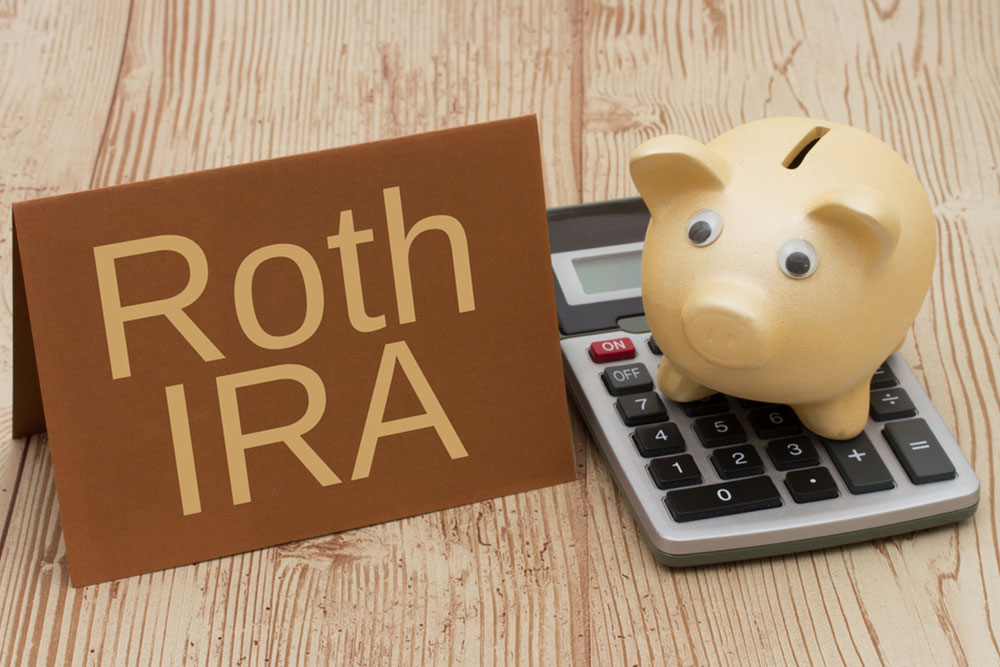Effective Tax Planning Tips for Young Adults to Secure Financial Future
This comprehensive guide offers young adults essential tax planning strategies to reduce liabilities, maximize savings, and prepare for future financial milestones. From adjusting withholding and contributing to Roth accounts to leveraging HSAs and understanding marriage implications, the article provides actionable tips for long-term financial success. Stay informed about evolving tax laws and get expert advice to optimize your financial health early in your career and build a solid foundation for your future.

Effective Tax Planning Tips for Young Adults to Secure Financial Future
In today’s evolving financial landscape, young professionals face unique challenges and opportunities to optimize their tax strategies. By implementing smart financial habits early in their careers, young adults can significantly reduce their tax liabilities, build wealth, and achieve long-term financial goals such as buying a home, funding higher education, or preparing for retirement. This comprehensive guide provides essential tips and insights tailored specifically for young adults to enhance their tax planning efficiency and set a solid foundation for future financial stability.
Request a Salary Increment and Adjust Your W-4
A crucial step in managing your tax liabilities is negotiating for a salary increase when possible. Additionally, reviewing and updating your W-4 form with your employer ensures that the right amount of tax is withheld from your paycheck. By adjusting your withholding allowances, you might be able to increase your take-home pay. For many young professionals with steady income, this adjustment can result in an extra $200 to $300 per month, providing flexibility for savings or debt repayment. Proper withholding not only prevents owing taxes at the end of the year but also ensures that you're not overpaying, effectively acting as an interest-free loan to the government.
Maximize Contributions to Roth 401(k)
If your employer offers a Roth 401(k), take full advantage of this retirement savings plan. Unlike traditional 401(k)s, where contributions are made pre-tax, Roth contributions are made after taxes have been deducted from your paycheck. This means that qualified withdrawals during retirement are entirely tax-free. This can be especially advantageous if you're at the beginning of your career, as your income—and consequently your tax rate—may be lower now. Over the long term, Roth 401(k)s can provide significant tax savings, allowing your investments to grow tax-free. Additionally, many employers match contributions, providing an extra boost to your retirement nest egg.
Related Reading: 6 Critical Consequences of Neglecting Tax Obligations
Utilize Health Savings Accounts (HSAs) and Flexible Spending Accounts (FSAs)
If your employer provides access to an HSA or FSA, these are valuable tools for managing healthcare expenses while reducing your taxable income. Contributions to HSAs are tax-deductible, and the funds can grow tax-free if used for qualified medical expenses. Moreover, contributions are exempt from Social Security and Medicare taxes, saving you approximately 20-35%. For young adults with existing health concerns or preventive care needs, this is a smart way to lower overall healthcare costs and tax liabilities. You can contribute up to $3,850 annually for individual plans and $7,750 for family plans in 2023, with additional catch-up contributions allowed for those over 55.
Savings Strategy: Use a Roth IRA for Home Buying
A Roth IRA can serve as a flexible savings account for prospective homeowners. Contributions to a Roth are made with after-tax dollars, and after five years, you can withdraw up to $10,000 tax-free and penalty-free for a first-time home purchase. This provision allows young adults to build a dedicated savings fund outside traditional retirement accounts, providing accessible funds when needed without tax penalties. Using a Roth IRA for this purpose helps combine long-term growth with short-term liquidity, making it an excellent strategy for saving toward a future home.
Understanding the Tax Implications of Marriage
Marriage can significantly impact your tax situation. If planning to tie the knot at the end of the year, consider how this decision will influence your tax liabilities. Together, couples may face a "marriage penalty"—where joint income pushes them into higher tax brackets—yet in some cases, joint filing can reduce overall taxes due to higher combined deductions and credits. Effective tax planning before marriage ensures that both partners maximize deductions, credits, and retirement savings opportunities, setting the stage for a financially sound future.
Start Early with IRA Contributions
The power of compound interest makes early IRA contributions a cornerstone of smart financial planning. Whether opting for a traditional IRA or a Roth IRA, setting aside money as soon as you begin earning pays off significantly over time. Regular contributions not only build wealth but also offer tax advantages—tax-deferred growth in traditional IRAs or tax-free growth in Roth IRAs. Consistency in contributions can accumulate substantial savings, helping you reach retirement goals more comfortably and providing a cushion for unforeseen expenses.
Stay Updated on Tax Laws and Strategies
Tax laws are continually evolving, and staying informed can help you adopt new strategies to optimize your financial situation. Follow trusted financial news sources, consult tax professionals periodically, and utilize digital tools to track changes that could affect your filings. By remaining proactive, you'll maximize your deductions, credits, and savings opportunities every tax year.
For ongoing advice, tips, and updates on maximizing your financial health, follow us on social media channels such as Facebook and Twitter. Empower yourself with knowledge and take control of your financial future today to enjoy a more secure and prosperous tomorrow.





